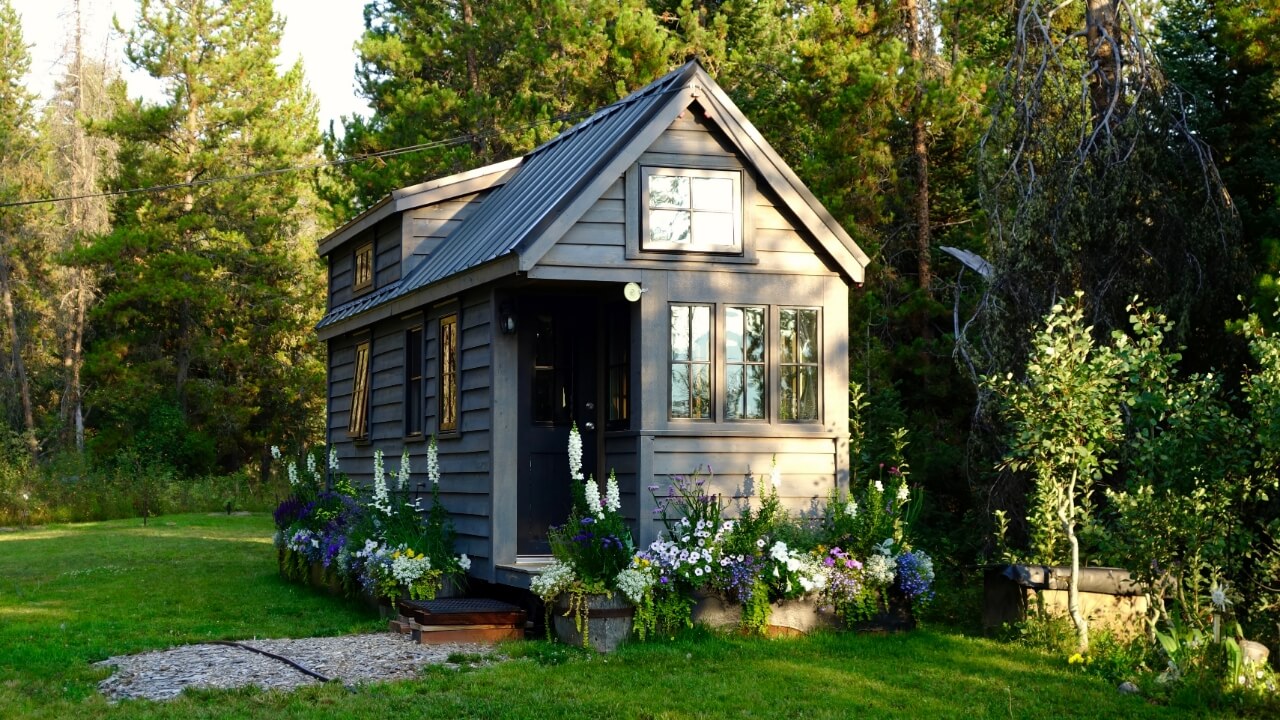9 Ways to Build Generational Wealth Even if You’re Not Rich

When we think of generational wealth, we don’t necessarily think of ourselves, but of some of the richest families in the world. But, you can build your own, as well, even if you’re not rich.
Money comes and goes, but if you could find a way to build up generational wealth, what would it look like for you? The good thing is it doesn’t have to be billions, or even millions. It can be as simple as building up a robust portfolio of investments and assets, such as houses and other real estate.
We’ve compiled a list of ways experts say you can get started building up generational wealth.
What Is Generational Wealth?

Generational wealth simply refers to assets and riches passed down among generations. Many old-money families, like the Rockefellers or the Vanderbilts, have generational wealth.
While these are extreme examples, you can also build it up and pass it down to your offspring or any family you choose.
1. Make Saving a Priority

The best way to build up wealth is to save, save, save. That means not splurging on every hot ticket item or fancy vacations, but putting it away.
But, you’re not going to save up a significant sum in a regular savings account. You need to be a little more savvy than that. Either open a high-yield savings account or put it to work for you in other ways.
2. Invest in the Markets

Many wealthy people have taken sound investing advice and put their money to work for them. They work with financial planners to diversify those investments across stocks and bonds, and sometimes index funds.
Here’s the thing, though. You have to consider this a marathon, not a sprint. You can’t get hasty and pull your money out of the market when it takes a downturn—and it will. That’s the nature of the stock market. But, it always bounces back. So have faith in your investments and let them ride the waves.
3. Avoid Taking on Bad Debts

This is the crux of creating generational wealth and not squandering away your money. Everyone speaks to the importance of having a credit card for emergencies, but if you have an emergency fund, you don’t even need to take on this type of debt.
If you do open a credit card, make sure you only open one and only use it for emergencies. If you have credit card debt now, pay it off as soon as you can, even if that means taking on a second job or a side gig for the extra income.
4. Share Your Wisdom

What good is learning about and building up wealth if you’re not sharing it with your family? Sadly, most people don’t learn about good financial habits in school, so it’s up to you.
Eventually, you will pass your assets on to your children, so it’s important to educate them about finances, fiscal responsibility, and how to keep the generational wealth going so they can pass it on to their offspring. Ideally, the wealth would build with each generation.
5. Build up Your Assets

The more assets you have, the more wealth you have. This means more to pass down to future generations.
Assets are anything that has value. For the purpose of generational wealth, you could consider stock and bond investments and real estate. The more assets you have, the more wealth you accumulate, even if it’s only on paper.
6. Invest in Real Estate

Investing in real estate is a great way to get some return on your money. Whether you buy and flip buildings, or use them as investment properties, real estate is one of the top-notch assets to have.
Unlike other forms of investments, real estate tends to appreciate rather than depreciate in value—if it’s kept in good shape, of course. You can buy homes and rent them out, and the same goes for office buildings.
7. Take On a New Job and Save

If what you make now isn’t enough to put away or invest in another asset, guess what? The answer to that is more money. You can make more money by either asking for a raise, or if that’s not feasible, by taking on a side gig, and there are plenty you can do from the comfort of your own home.
The key, though, is to use the money you earn from your side gig to build up your wealth. That includes paying off any bad debts first, then saving and/or investing.
8. Buy a Life Insurance Policy

This may seem like a weird one, and I thought so too, at first, but it has the potential to be more than just a lifeline if something happens to you. If you have a whole life policy, for example, you pay into that for life and it’s possible to withdraw the vested amount for several purposes.
You can use the money to fund your investments, pay off debt, start a business, or further your education. All of these moves would allow you to build up your wealth, and then you could pass it down.
9. Downsize

Why would you downsize when you’re looking to build up wealth? Because the two have everything to do with each other. Consider this: are you living paycheck-to-paycheck? Are you consistently spending more than you’re earning?
If you answered yes, downsizing may be the option. This means taking on a simpler way of living, including in a smaller house, if possible, in order to be financially stable and, hopefully, have some left over to invest.
Is It Easy to Create Generational Wealth?

It’s not especially easy, but it’s not impossible either. As with anything else, you have to put some serious effort into creating generational wealth. Focus on making strides, one at a time. There will be setbacks. It’s okay, keep forging.
Focus on measurable goals and how they will contribute to your generational wealth. Start small and don’t do too much at once.
How Do I Pass Down Generational Wealth?

The main thing families fight over most when someone dies is money. When you start building up generational wealth, that will only likely further increase. However, there’s a solution: estate planning. This is the process of dividing assets up among beneficiaries when you can no longer manage them.
If you do not do estate planning, when you pass away your assets may go into probate. That means a judge will review the assets and make a final determination as to how they’re distributed.
How Can You Protect Your Assets?

During your lifetime, it’s important to protect your assets, especially if you want to hand them down, thus establishing the chain of generational wealth.
One of the best ways to do this is to take out proper insurance on the assets. As previously mentioned, estate planning is a must to prevent your property from going somewhere you might not want it to. You should definitely have a will and if necessary, establish a trust.





